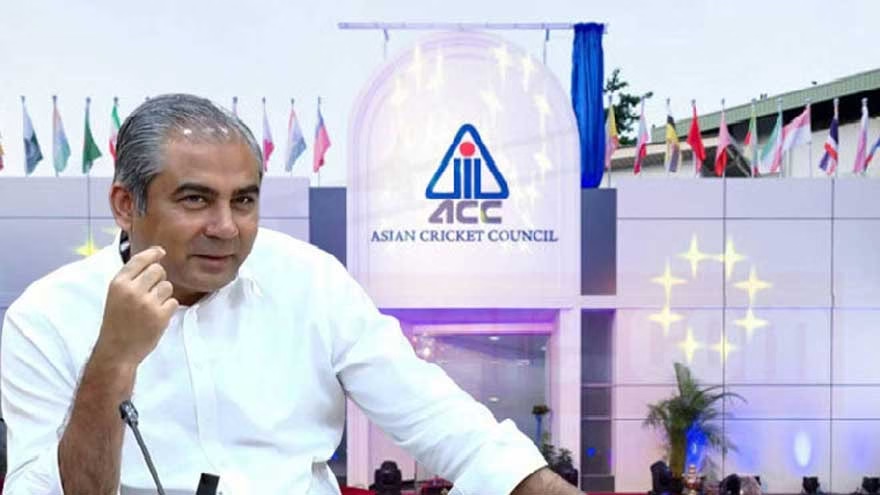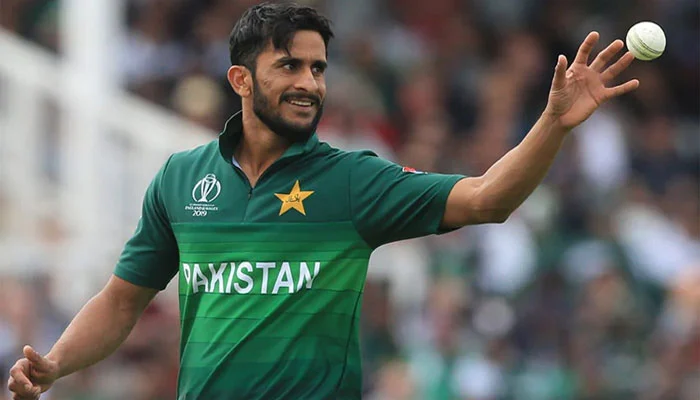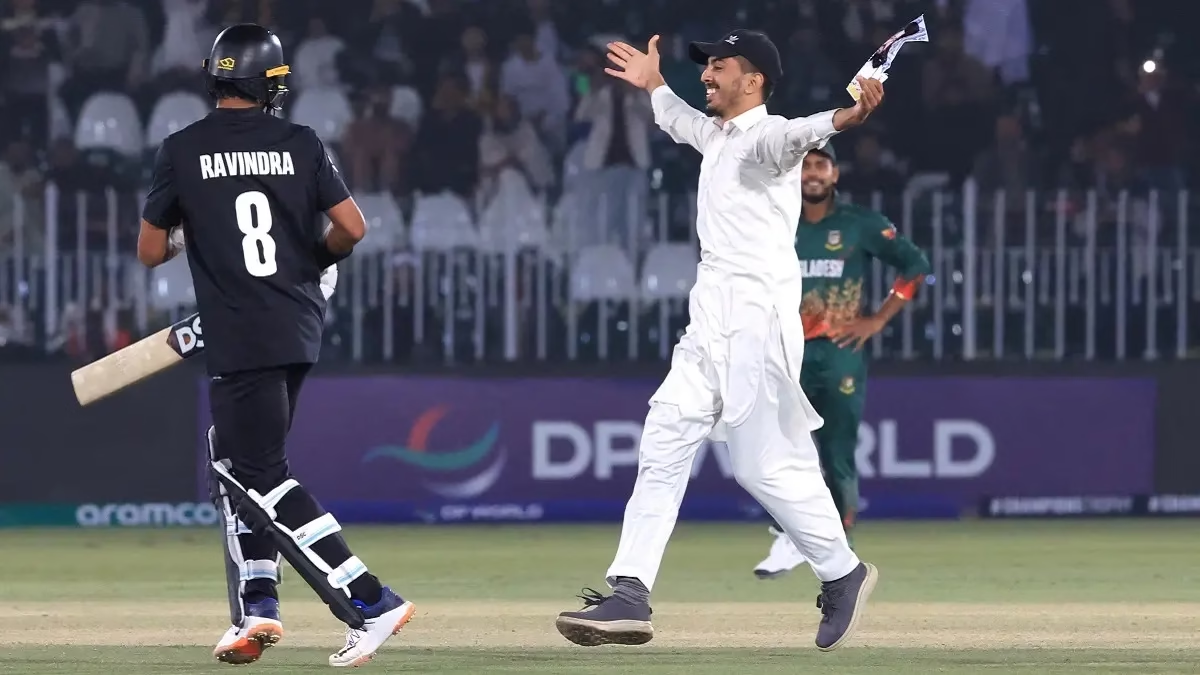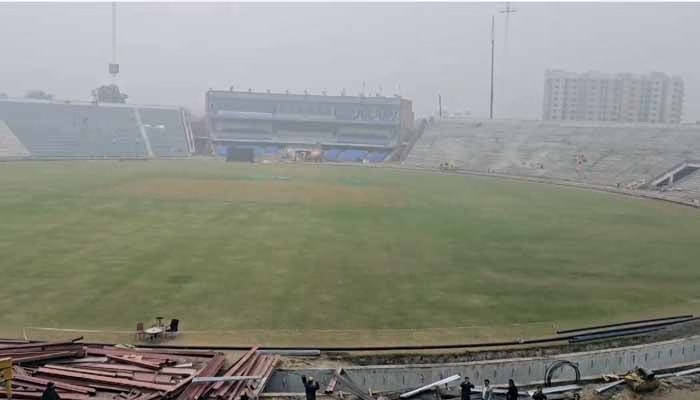In a bold and strategic move, the Asian Cricket Council (ACC) under its new President Mohsin Naqvi has confirmed that its annual general meeting (AGM) will be held in Dhaka, Bangladesh, on July 24, despite objections raised by India and Sri Lanka. The decision, seen as a push for regional neutrality and balanced governance, is drawing attention across cricketing circles in Asia.
This year’s AGM is significant not only because of the growing influence of the ACC under Pakistan’s leadership but also due to the rare decision to host the event in Bangladesh — a venue that hasn’t seen an ACC meeting in several years. The timing of the meeting aligns with the Pakistan vs Bangladesh cricket series, further highlighting the host nation’s current prominence in regional cricket affairs.
Objections from India and Sri Lanka
According to insider sources, both India and Sri Lanka have formally communicated their reservations regarding the choice of Dhaka as the venue and the proposed date of the meeting. The concerns have not been made public in detail, but speculation suggests logistical reasons and diplomatic sensitivities might be behind the requests for reconsideration.
Despite these concerns, ACC officials remain firm in their stance. They argue that a 15-day advance notice has been provided to all member boards — in line with the council’s standard protocol — offering ample time for travel planning and agenda preparation.
A Shift in Regional Power Dynamics?
The decision to proceed with the Dhaka venue may also reflect a subtle but noticeable shift in the power balance within the ACC. Historically, India has held significant sway over scheduling and logistical decisions in Asian cricket, often backed by its financial and diplomatic clout. However, with Pakistan currently leading the ACC and making assertive administrative moves, the current decision may represent a new phase in the council’s functioning — one where neutrality, rotation of host nations, and equal representation are prioritized.
The presence of Mohsin Naqvi, also the Chairman of the Pakistan Cricket Board (PCB), at the helm of the ACC has added an additional layer of regional diplomacy. His leadership is seen as proactive, with a clear agenda to empower smaller boards and diversify hosting responsibilities among ACC member countries.
Virtual Participation to Accommodate Concerns
To address practical challenges, the ACC has also offered a virtual attendance option for any board that is unable or unwilling to travel to Dhaka. This aligns with international standards now commonly practiced by organizations like the International Cricket Council (ICC), especially after the COVID-19 pandemic reshaped global meeting protocols.
A source close to the matter noted, The Dhaka meeting is not only symbolic, but it also sets a precedent. It reaffirms that every member country’s contribution matters, and no one voice dominates the table.
Expected Attendees and Key Agenda
Delegates from all full and associate ACC member nations — including Afghanistan, Nepal, UAE, Oman, Hong Kong, and Malaysia — are expected to participate. The meeting will cover a range of issues, including:
- Finalizing the schedule for upcoming ACC tournaments, including the Asia Cup
- Reviewing financial reports and funding allocations for associate members
- Discussing joint development programs, training camps, and infrastructure investments
- Evaluating bilateral cricket diplomacy initiatives among member nations
The location of the meeting also gives Bangladesh an opportunity to showcase its readiness to host major administrative and sporting events. With cricket continuing to be the most unifying sport in South Asia, such events serve not just the game, but also regional diplomatic and development interests.
A Message of Inclusion and Autonomy
The Dhaka decision sends a clear message from the ACC — that its leadership is committed to rotating influence, promoting unity, and safeguarding the autonomy of its proceedings. It signals that every member, regardless of political or financial weight, has a role to play in shaping the future of cricket in Asia.
As the countdown begins for the July 24 gathering, all eyes will be on Dhaka, where cricket’s biggest regional players will meet to discuss not just sports, but the deeper dynamics of cooperation, governance, and independence in the Asian cricketing landscape.



